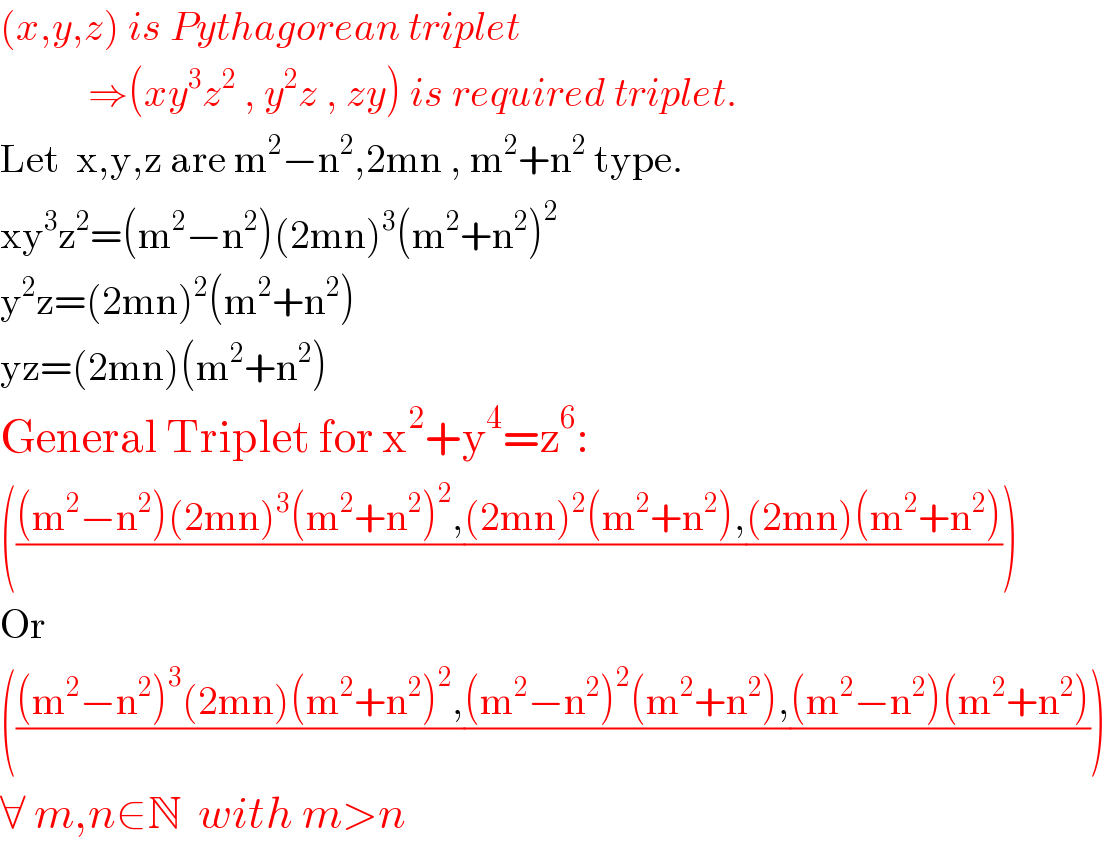
Question and Answers Forum
Question Number 4230 by prakash jain last updated on 03/Jan/16
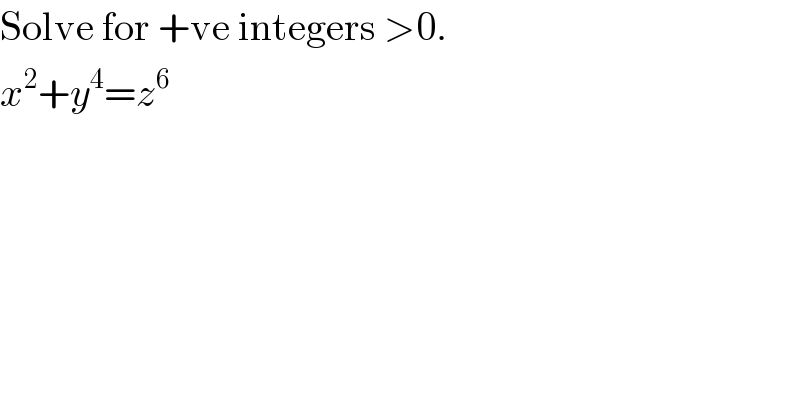
Commented byRasheed Soomro last updated on 04/Jan/16
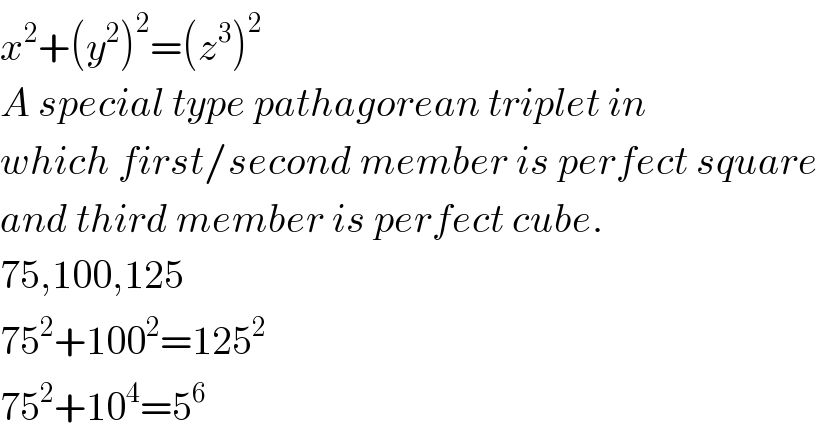
Answered by Rasheed Soomro last updated on 05/Jan/16
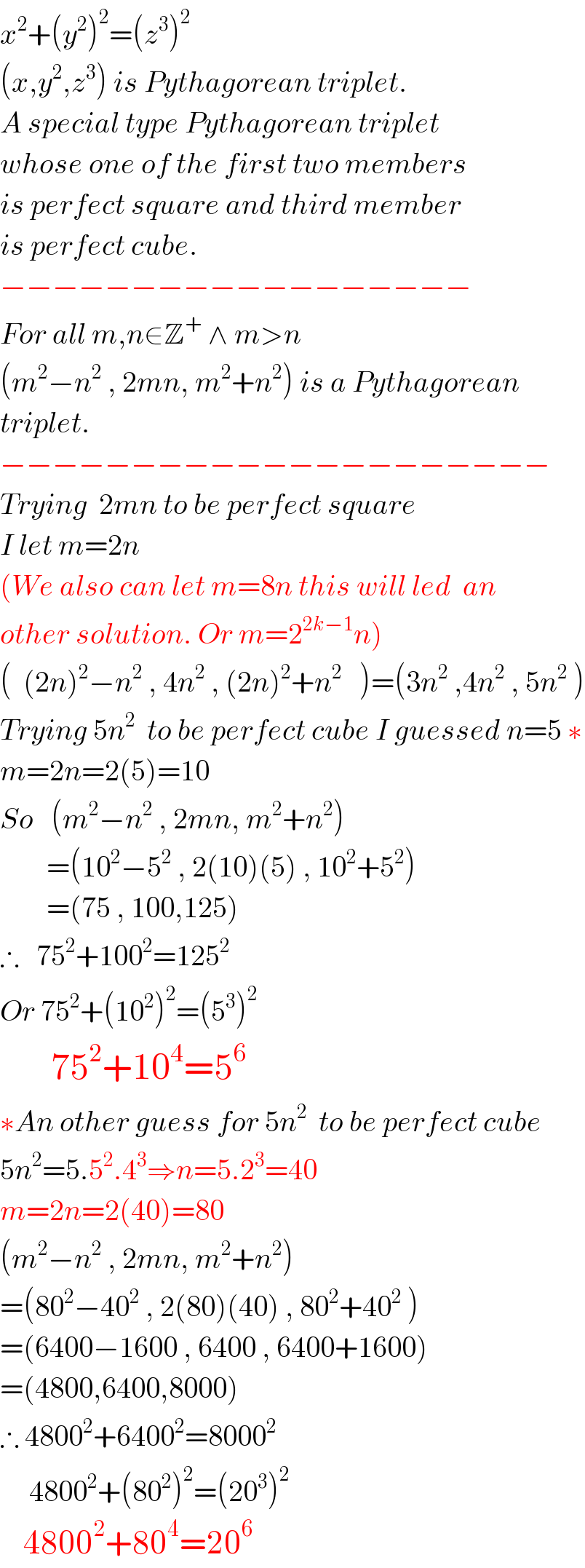
Answered by Rasheed Soomro last updated on 05/Jan/16
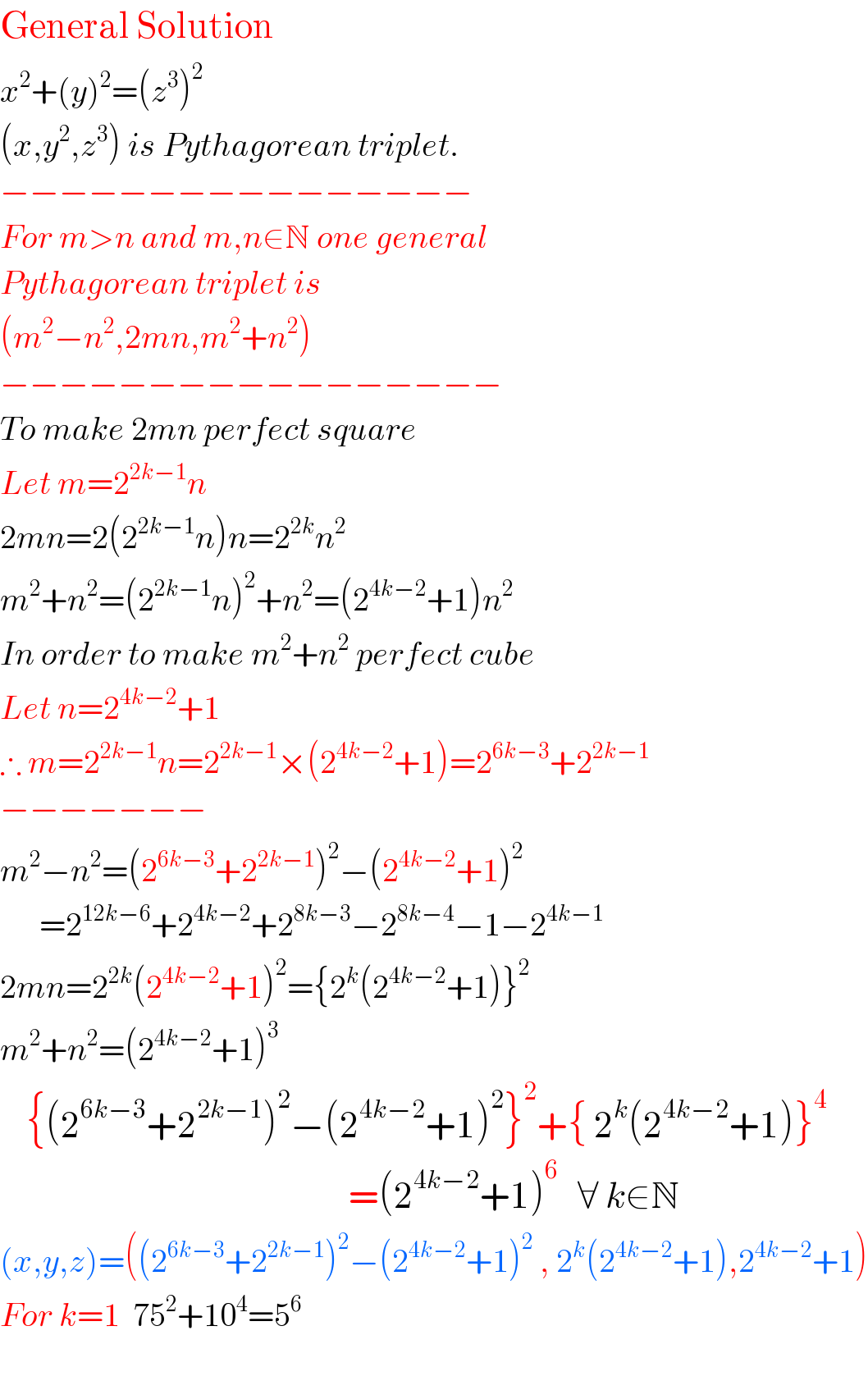
Commented byprakash jain last updated on 05/Jan/16
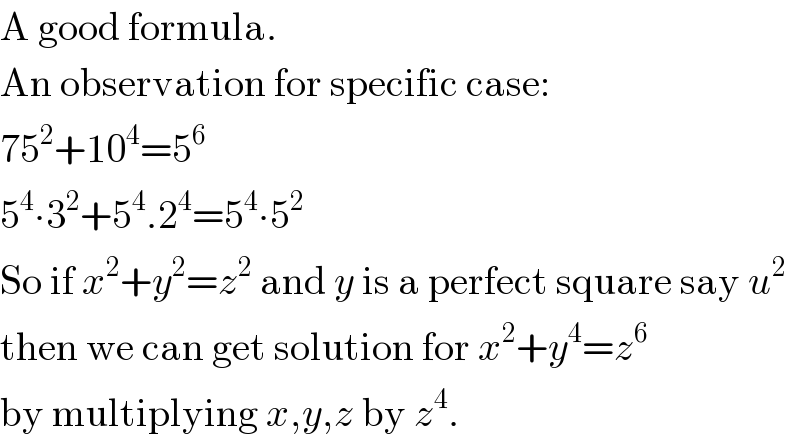
Commented byRasheed Soomro last updated on 06/Jan/16

Commented byRasheed Soomro last updated on 08/Jan/16
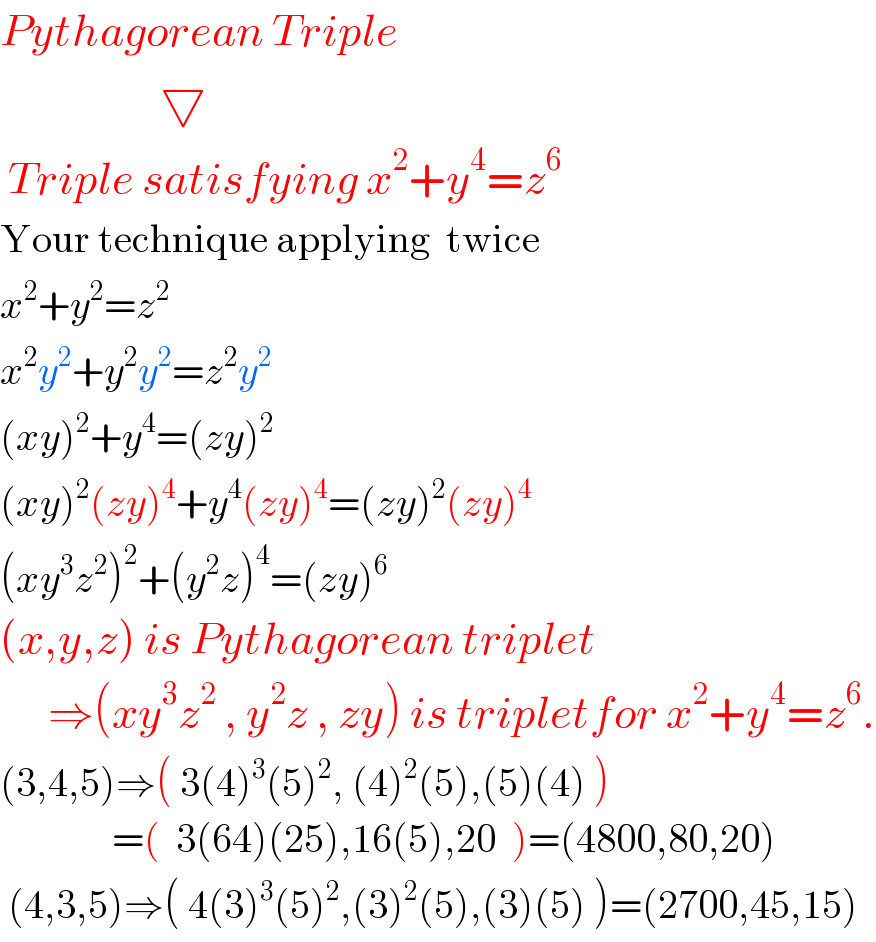
Commented byRasheed Soomro last updated on 07/Jan/16
